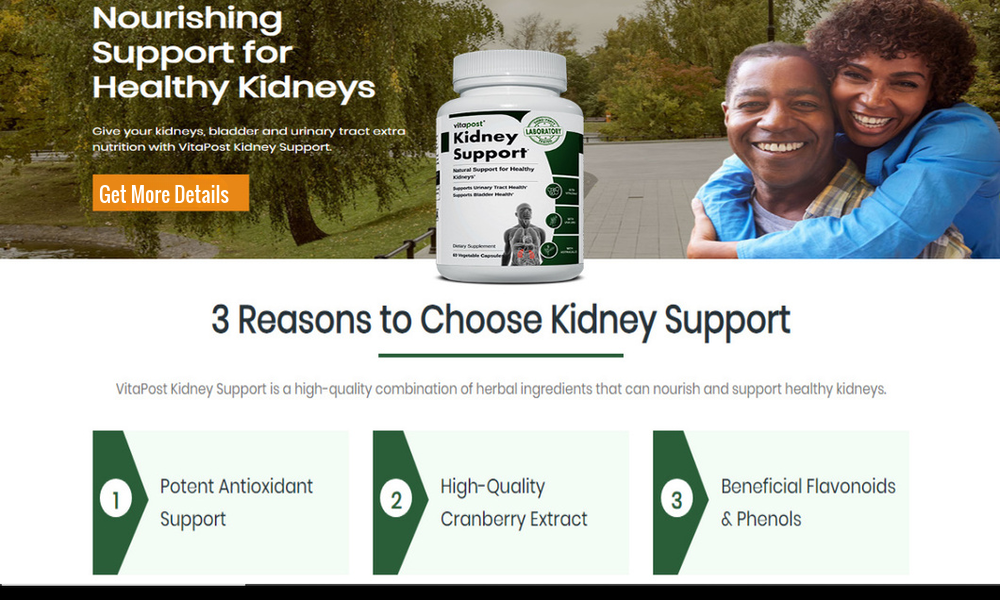AK-Sen: Cook Political Report Downgrades Senate Race From “Solid GOP” To “Likely GOP”
Here’s the latest news regarding the U.S. Senate race between incumbent U.S. Senator Dan Sullivan (R. AK) and his challenger, Dr. Al Gross (I. AK), courtesy of the Cook Political Report:
Sullivan, 55, grew up in Ohio — a refrain against him in his 2014 race and one that Gross also resurfaces in another video. While at Georgetown, he met his wife, Julie, who was from a prominent Alaska Native family, and the two married back in Fairbanks. Sullivan then joined the Marines (he still serves in the Reserves) and clerked for a federal judge in the state, and then went into private practice in Anchorage. He then moved to Washington to work in the George W. Bush White House on the National Security Council, National Economic Council and then the State Department, where he was Condoleeza Rice's assistant secretary for economic, energy and business affairs. He would return to Alaska, where then-Gov. Sarah Palin appointed him as the state's attorney general; later, he was chosen to lead the Alaska Department of Natural Resources.
Even though the state has, at times, broken with its GOP lean in presidential politics to split on statewide races, Republicans argue this isn't the year. In 2008, Begich won by just under 4,000 votes, defeating a scandal-plagued Sen. Ted Stevens just days after he was found guilty of seven felony counts of making false statements in a corruption trial (just months later, that conviction was overturned for prosecutorial misconduct).
Begich's upset came even as President Obama lost the state by more than 21 points. Republicans will also tie Gross to national Democrats, and raise the specter of a Chuck Schumer-controlled Senate. Gross will point to areas where he disagrees with Democrats — he's pro-gun rights and opposes an assault weapons ban and supports a public option instead of Medicare for All.
In 2016, Alaska implemented automatic voter registration, and Democrats are hopeful that could bring out more younger voters, for whom climate and conservation issues are important. They also believe that while Alaska is as nontraditional a state geographically as you can find, that the college-educated population is growing. However, Republicans believe that increased participation in what's ultimately a more Republican state can boost their side too with the new voter registrations. But Alaska's economy was struggling even before COVID hit, and it may take longer to recover, especially in a state that relies heavily on tourism. That is an added uncertainty that could increase the number of persuadable voters.
Ultimately, Democrats see this race as a possible set of states that could not only break late, but also as further evidence of them expanding the map with unusually strong candidates in even what are typically tough states. This race fits that bill, and while it's one that Sullivan remains heavily favored in, it merits watching and a move in our ratings. We are moving Alaska Senate from Solid to Likely Republican.
The downgrade from Solid Republican to Likely Republican indicates that this is an evolving sleeper race and it’s one we have to keep our eye on. Dr. Gross is turning out to be a serious challenger and he’s making health care is top issue:
There are a total of five people running for Alaska's U.S. Senate seat, currently held by incumbent Dan Sullivan. The Independent candidate that has been endorsed by the Alaska Democratic Party, Dr. Al Gross, says that he entered the race because he is concerned about the divisive nature of President Trump’s leadership, and wants to help change health care in the United States.
“We have the most expensive health care system in the entire country and the entire world,” said Gross. “It’s holding back the economic development in our state because the individuals and small businesses that are buying health insurance through the private system are just getting crushed, and I am a firm believer that individuals and small businesses should have the option to be able to buy Medicare at cost without an intermediary by the health insurance company. And that will drive prices down and encourage economic development in the state.”
During Coffee@KYUK on June 5, Gross talked about a wide range of issues, including his bipartisan roots in former governor Jay Hammond’s administration when his father, a Democrat, served as attorney general for the Republican governor. Gross said that his non-partisan status would help him reach across the aisle to come up with solutions, adding that if elected, he would caucus with the Democrats.
“Because I’m a doctor, and I am very motivated to take a leadership position to help fix our healthcare system in our country. And the Republicans have completely blown any opportunity to have forward progress in that direction, but that doesn’t mean I won’t speak with the other side. When I get to Washington D.C., the first thing I am going to do is reach across the aisle and establish relationships and build trust.”
Let’s get ready to pull off a major upset victory in Alaska. Click here to donate and get involved with Dr. Gross’ campaign.







